How well are Swiss animals protected?
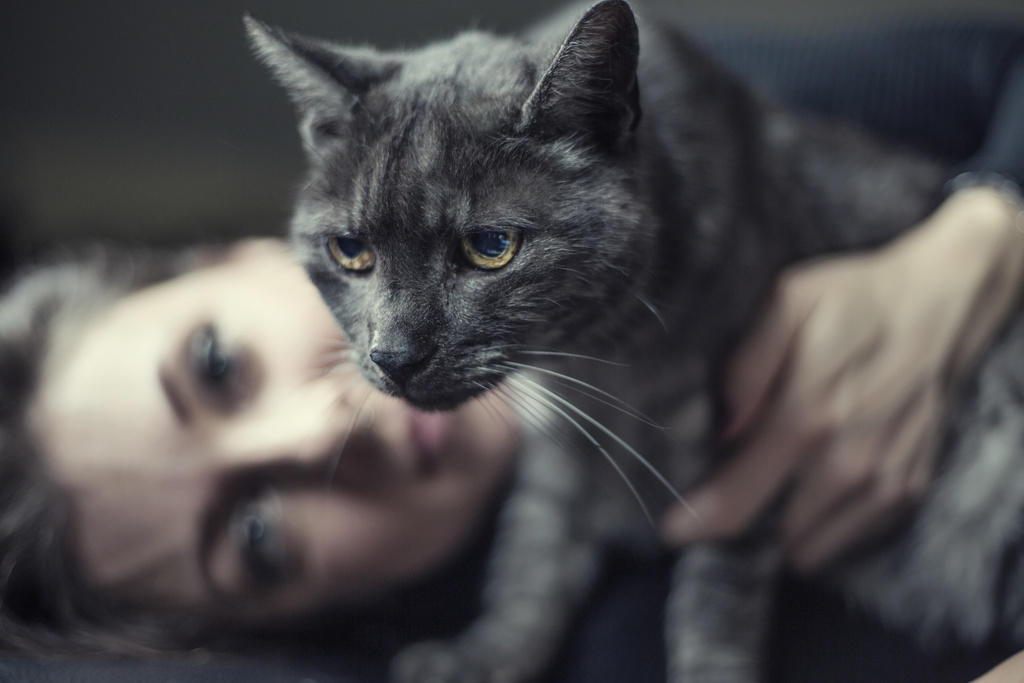
Strict welfare legislation makes Switzerland one of the better places to have fur, fins or feathers. Here’s why.
A basic principle of the law is that nobody – whether they’re farmers, butchers, pet owners or scientists – may “improperly subject an animal to pain, suffering, harm or fear”. In addition, the Swiss Animal Protection ActExternal link states that “when dealing with an animal, its dignity, i.e. its inherent worth, must be respected”.
“Only Switzerland protects animal dignity at the constitutional level. Some other countries, like Liechtenstein and South Korea, have enshrined animal dignity in their laws to a certain extent,” says Katerina Stoykova of Swiss animal welfare group Tier im Recht.External link
This provision helps shield animals in Switzerland from humiliation or major interference with their appearance or abilities. This could include making them drink alcohol, dyeing their fur or feathers, cloning them, or extreme breeding such as with “bubble eye” goldfish or hairless Sphinx cats. Also, dogs with docked tails and cropped ears are not permitted in Switzerland. Castration and the removal of horns must be done under anaesthesia. (In 2018, 1.1 million Swiss voted in favour of granting subsidies for livestock with horns; 1.4 million voted against.)
In the World Animal Protection IndexExternal link, Switzerland is among the leading countries:
So what other animal welfare policies make Switzerland stand out? And what are the shortcomings?
Farm animals
Swiss animal husbandry guidelines are quite species-specific and detailed. For example, in livestock pens, each head of cattle must have at least two square metres. There are also ceilings on livestock numbers on Swiss farms: a maximum of 300 veal calves, 1,500 pigs or 18,000 hens. In EU countries, there are no such limits.
“One of the major shortcomings in EU animal welfare legislation is that there are only binding rules for the keeping of laying hens, pigs, calves and chickens. Horses, cows, turkeys, goats and sheep are completely unprotected, and there are no detailed and concrete rules for keeping them,” says Julika Fitzi of Swiss Animal Protection.External link
The trip to the slaughterhouse is also regulated. Whereas within the EU animals can be in transit for up to 24 hours, the limit in Switzerland is eight hours on board a vehicle – with a maximum of six hours on the road.
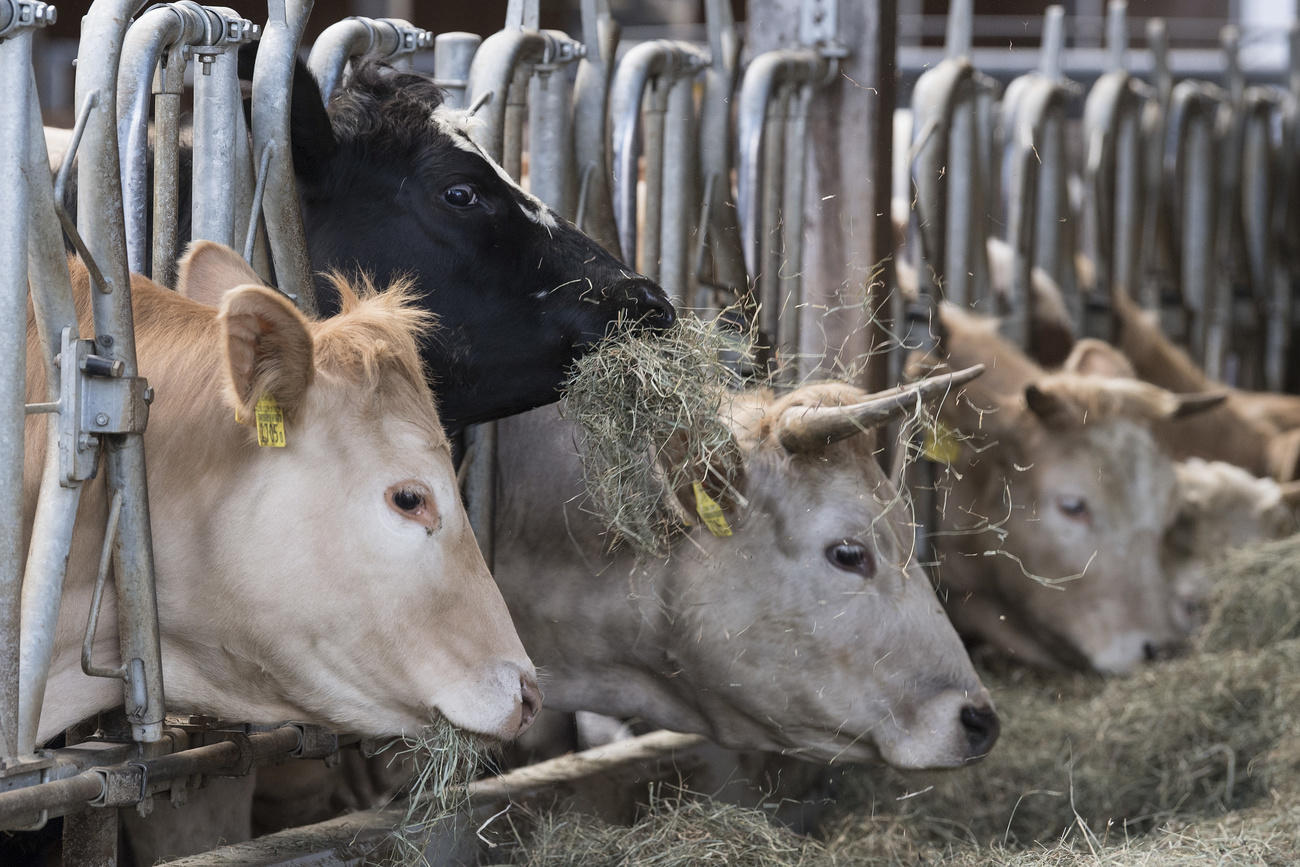
Though a recent report from the Federal Food Safety and Veterinary Office found that some Swiss abattoirs were not in compliance, there are very precise guidelines for slaughtering an animal. Because killing mammals without stunning them is illegal, halal butchers in Switzerland stun the animals before slitting their throats. Yet kosher meat ends up being imported, sparking debate about whether animal products obtained by methods deemed cruel in Switzerland – like foie gras and frog legs – should be for sale in Swiss shops.
In 2018 Switzerland made international headlines when it updated its animal protection act to stipulate how lobsters and crabs should be transported and killed, making it illegal to toss a conscious lobster into boiling water. And in 2019, the Swiss parliament banned the shredding of live male chicks deemed worthless in the egg industry.
“Farm animals in Switzerland are much better off than elsewhere,” says Fitzi, attributing this to the stricter regulations and high density of animal-friendly labels and organic farms. “In no other country are there so many farmers who voluntarily allow their animals more space to run than required by law. Nevertheless, even in our stables the animals often don’t live as the advertising suggests. Many people are not aware that in Switzerland it’s legal to keep a fattening pig on an area of less than one square metre – without bedding.”
Voters will soon have a say on whether factory farming should be banned in Switzerland.
Cats, dogs and other pets
Switzerland is the only European country requiring all dogs to be microchipped and registered in a central database. This accountability for ownership is echoed in the rules governing the sale of canines.
“To curb the illegal trade in dogs, the name and full address of the seller and the country of origin and breeding details of the animal must be provided in every internet advertisement or classified ad for the sale of dogs,” points out Fitzi.
For social species like guinea pigs, rabbits and parakeets, Swiss law requires that they be kept in pairs, at least. Solo cats “must have daily contact with people or views of another cat”. Animal shelters typically insist that people adopting felines provide a cat flap so that the animals can come and go at will. And “cat ladders” are very popular, as seen in this gallery:

More
Playing cats and ladders in Switzerland
Laboratory animals
According to Swiss law, animal experimentation is allowed only if there are no alternatives.
“The cantonal authority may approve animal experiments causing strain only if the weighing of interests shows that the experiment is permissible,” states the Swiss Animal Protection Act, which also says the 3R principle must be followed: replacement via alternative methods, reduction of the number of animals used, and refinement to make methods more humane.
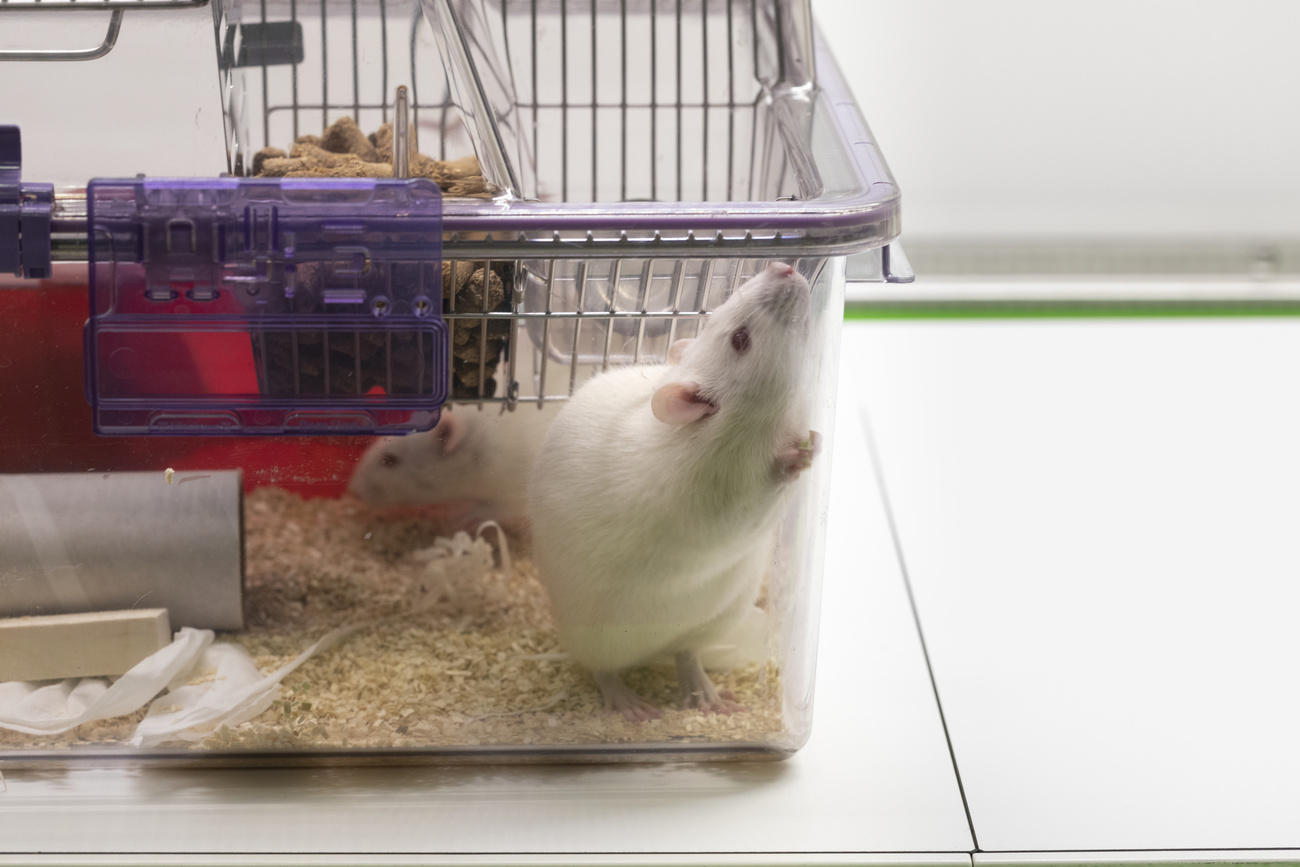
More than half a million animals were used for testing in Switzerland in 2018, about 5% fewer than the previous year. Mice account for 90% of the test animals; rats, rabbits, fish, dogs, cats and primates are also used. Following a successful petition, the Swiss will vote on a ban on animal and human experimentation.
“We see a great need for action in the area of animal testing in terms of reducing the number of animals and replacing animal testing in the best and fastest possible way. The housing conditions for laboratory animals are also anything but animal-friendly,” says Fitzi.
As for wild animals, several animal welfare and nature groups handed in enough signatures in January to launch a referendum challenging the revision of the Swiss Hunting Act, which makes it easier to shoot species like wolf, bear and ibex.
Even if Swiss animal welfare legislation is “very progressive in international comparison”, Stoykova agrees that in general, there is still work to be done. “Many of the regulations are at the threshold of animal cruelty and only guarantee minimum protection that is often far from ensuring species-appropriate treatment of animals. Furthermore, there is still significant lack of enforcement with regards to the existing animal welfare provisions, which is an issue that we are constantly working on by raising awareness among the law enforcement authorities.”
Last year, her NGO reported an increase in cases of animal cruelty.
You can contact the author of this article on Twitter: @SMisickaExternal link
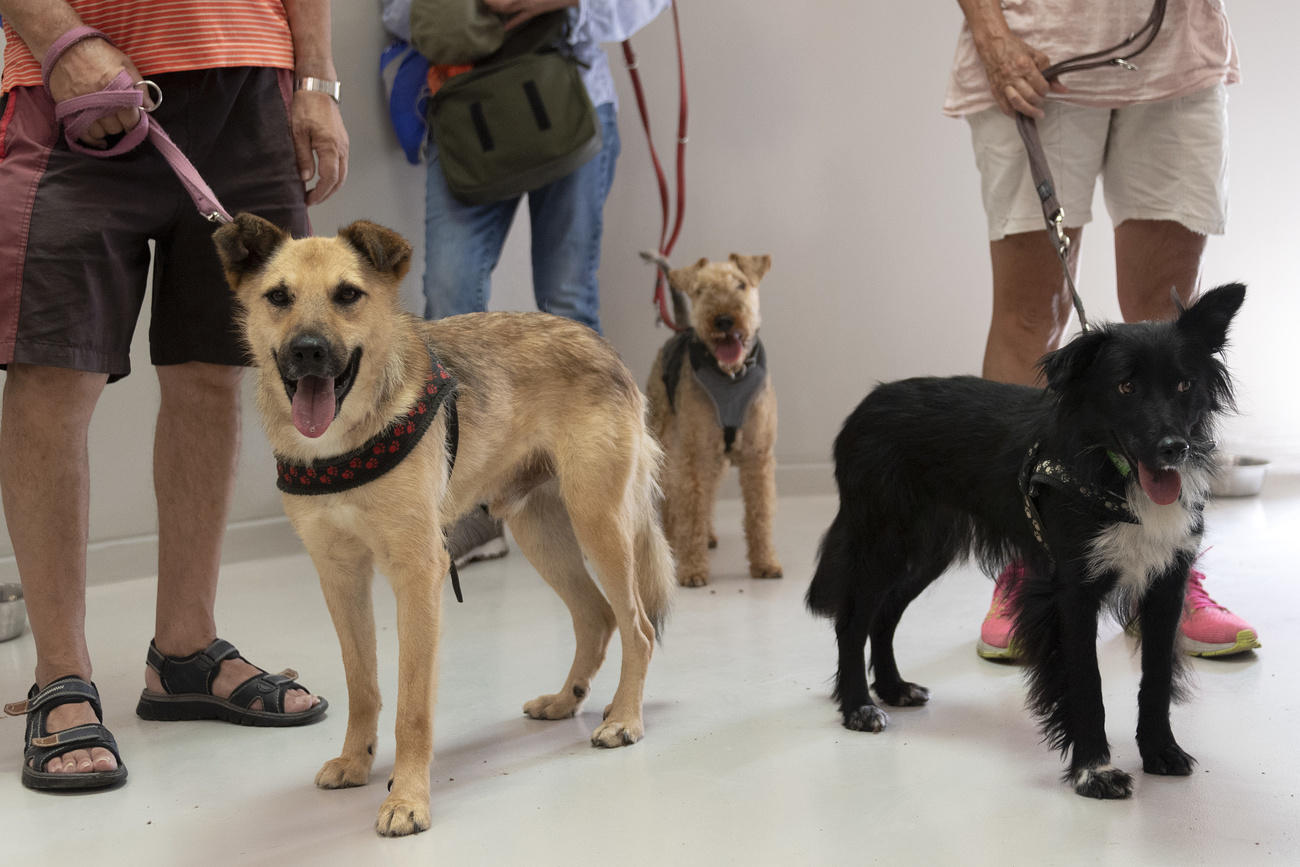
More
Animal cruelty cases rise in Switzerland

In compliance with the JTI standards
More: SWI swissinfo.ch certified by the Journalism Trust Initiative

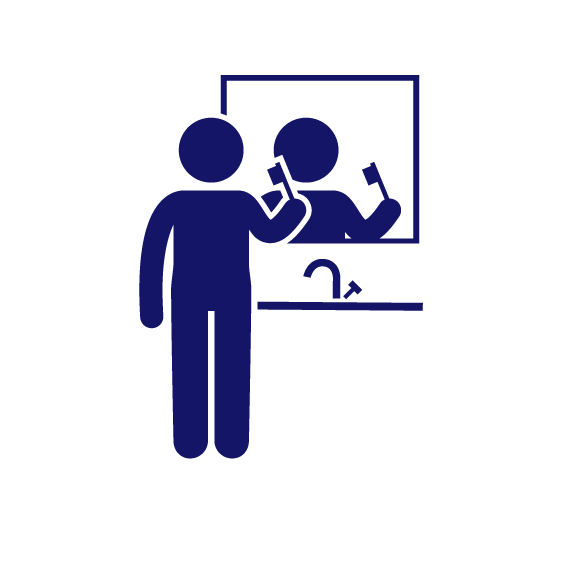
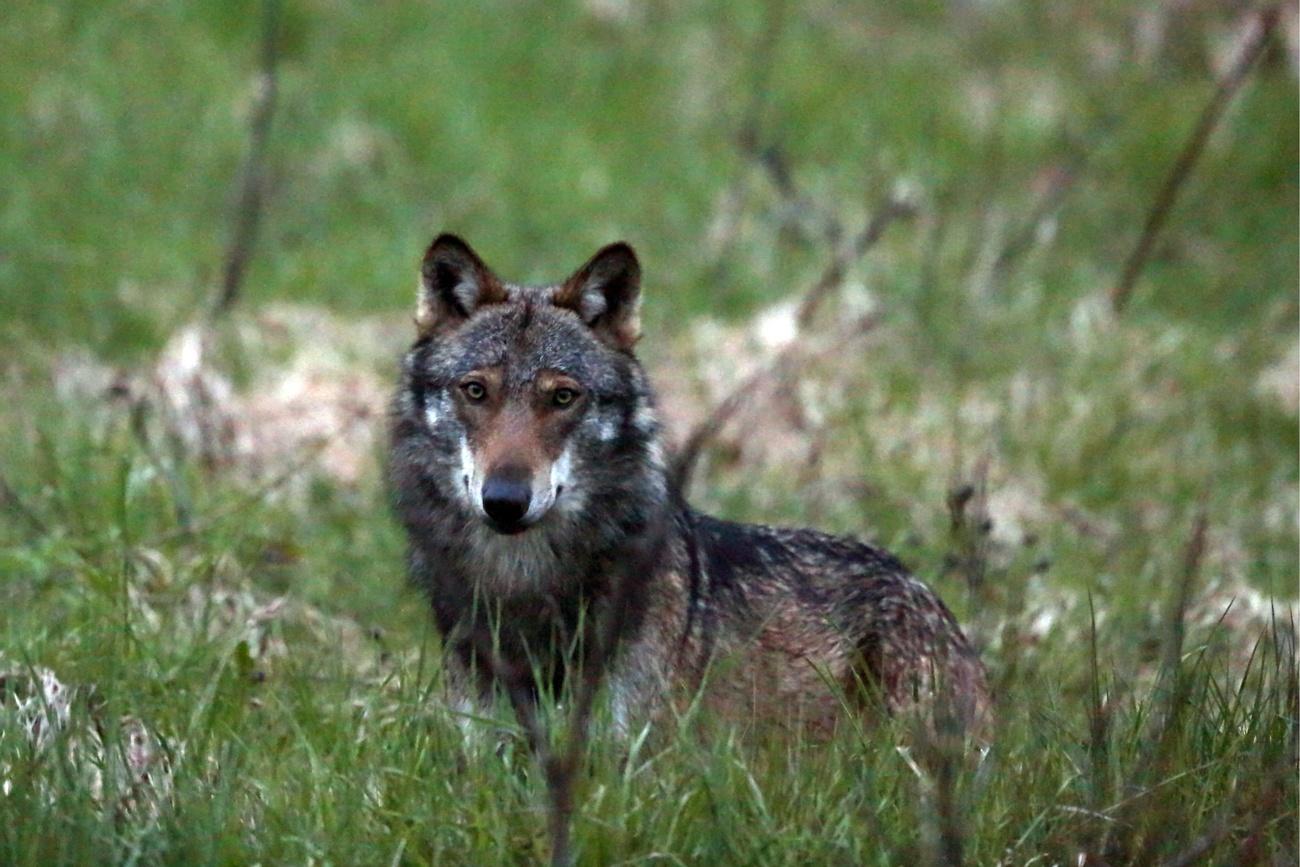
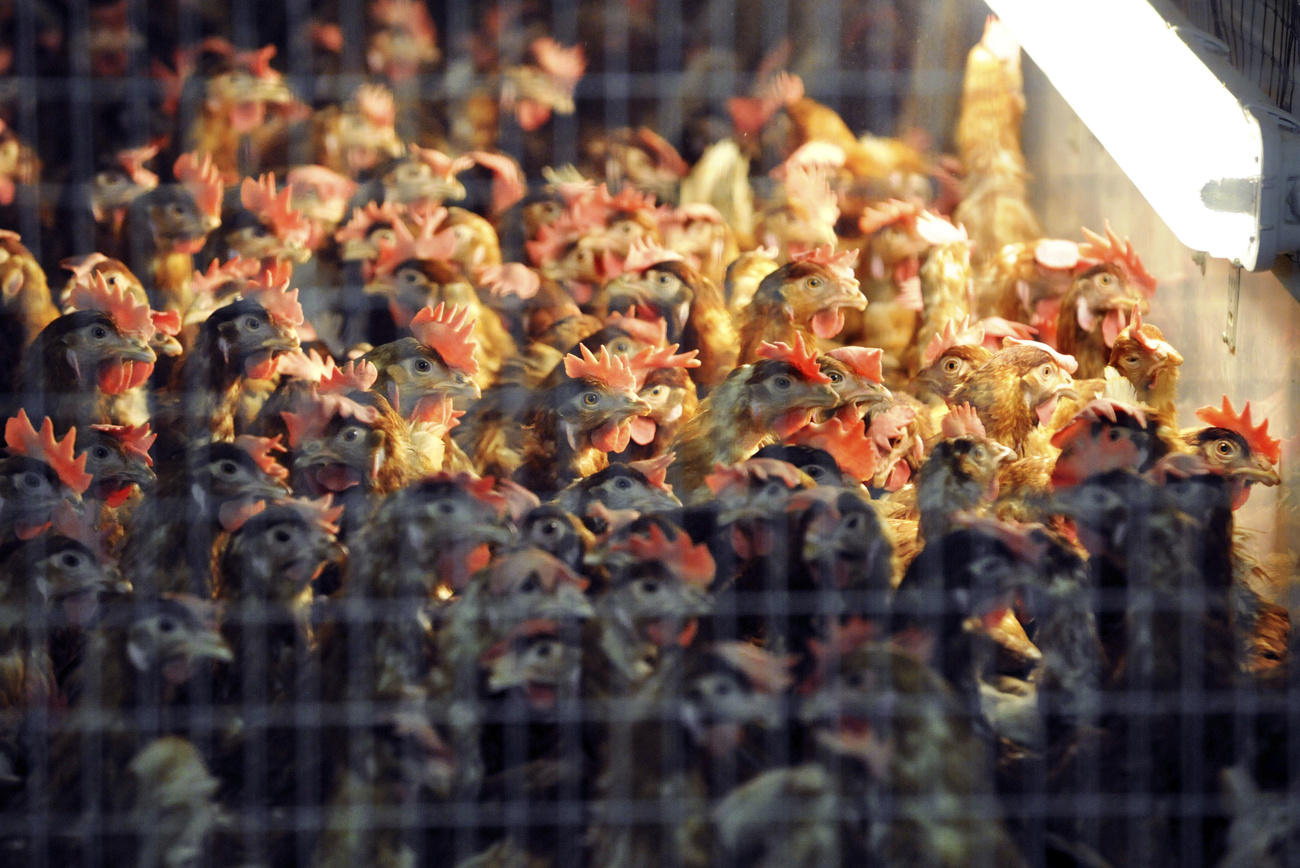
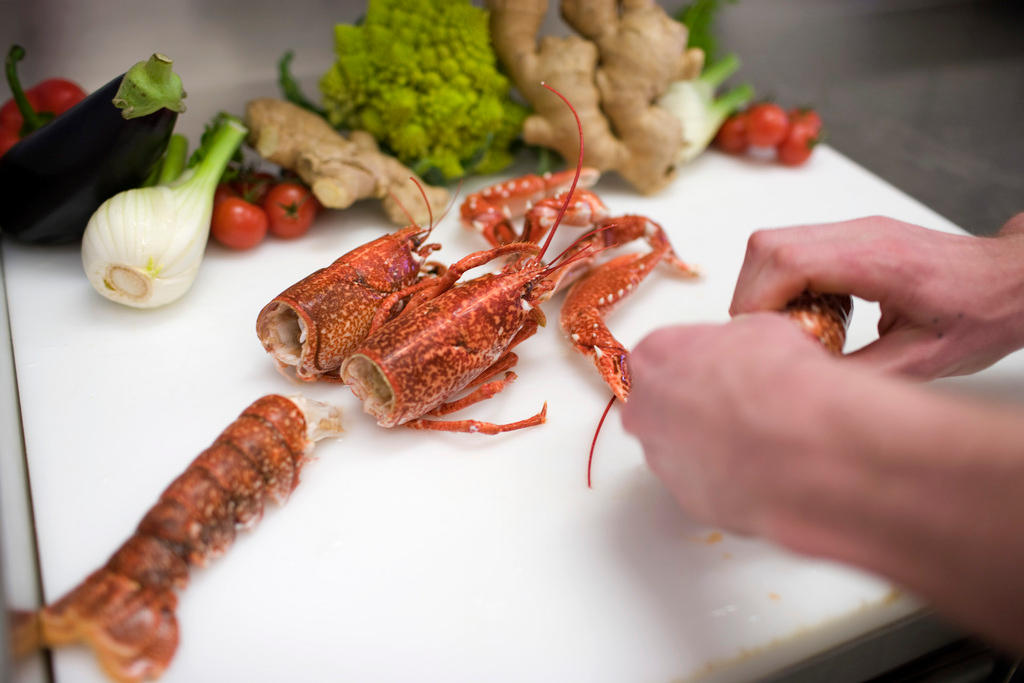
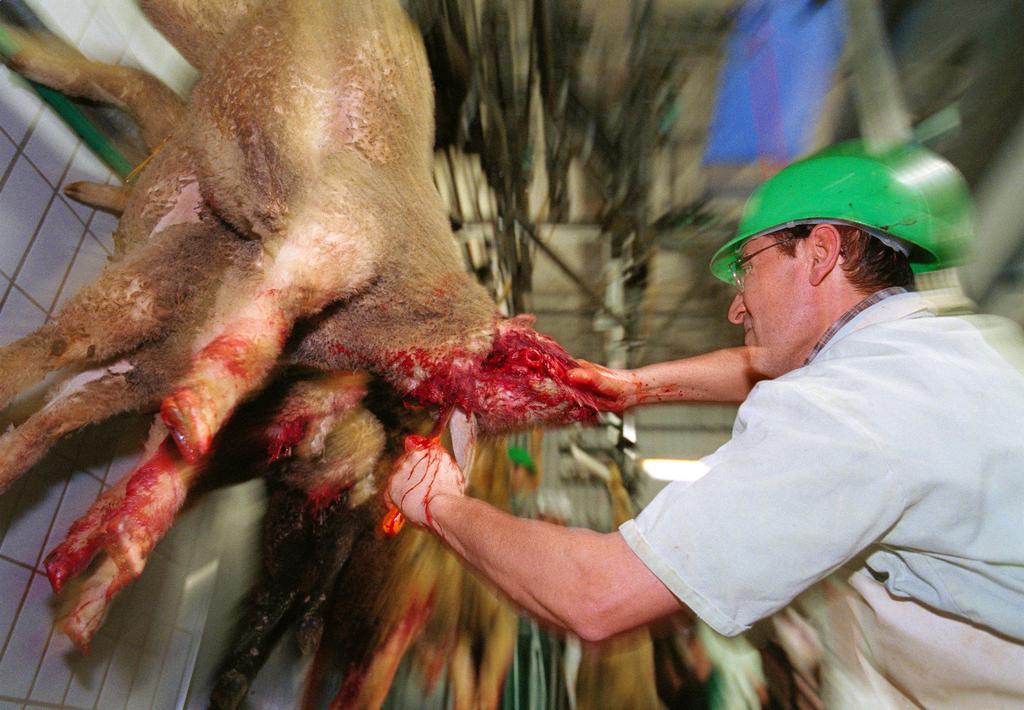
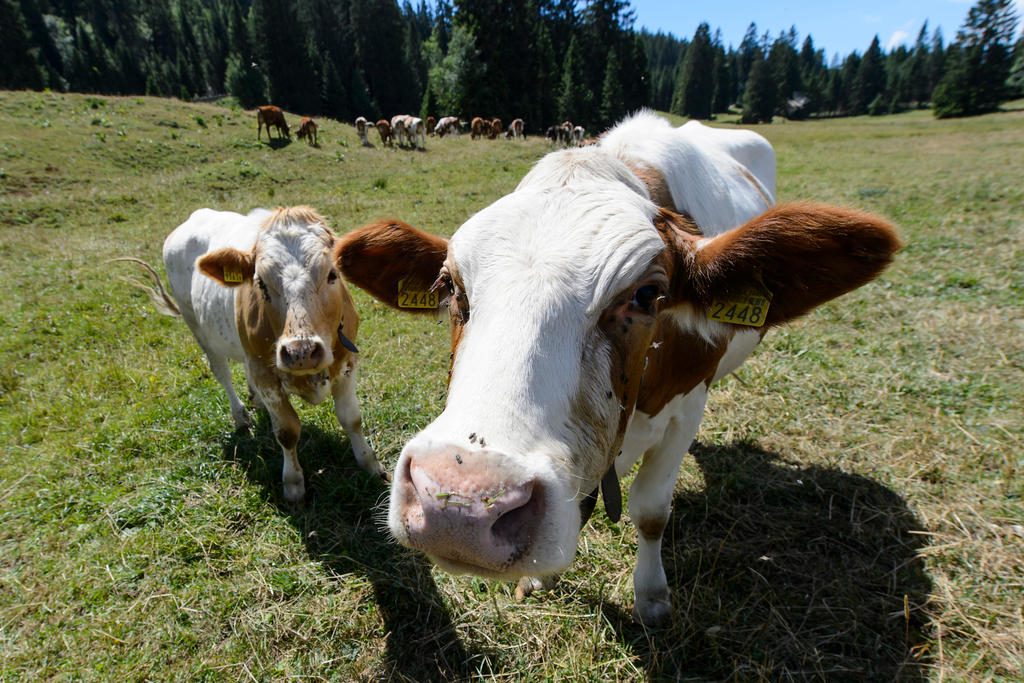
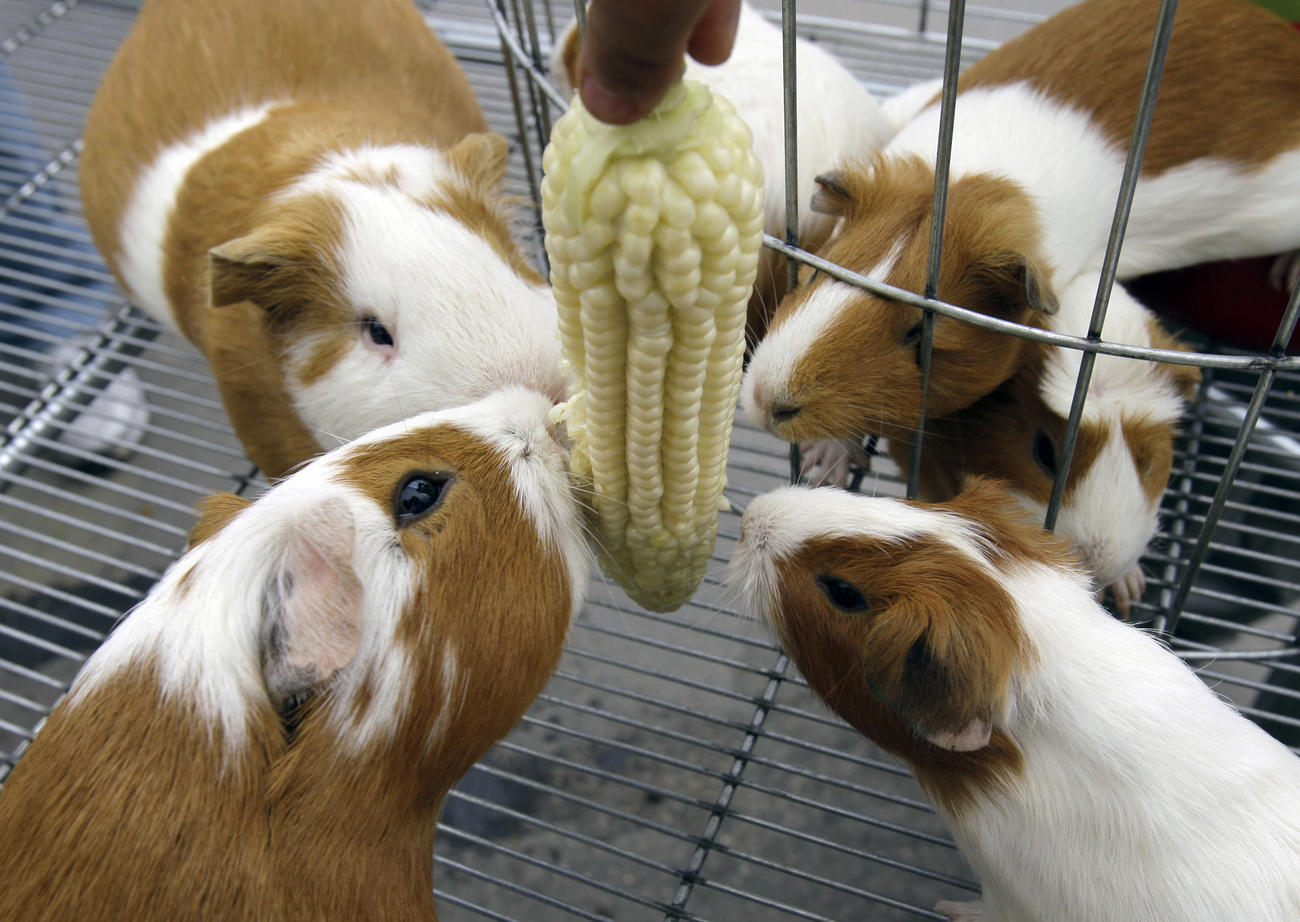
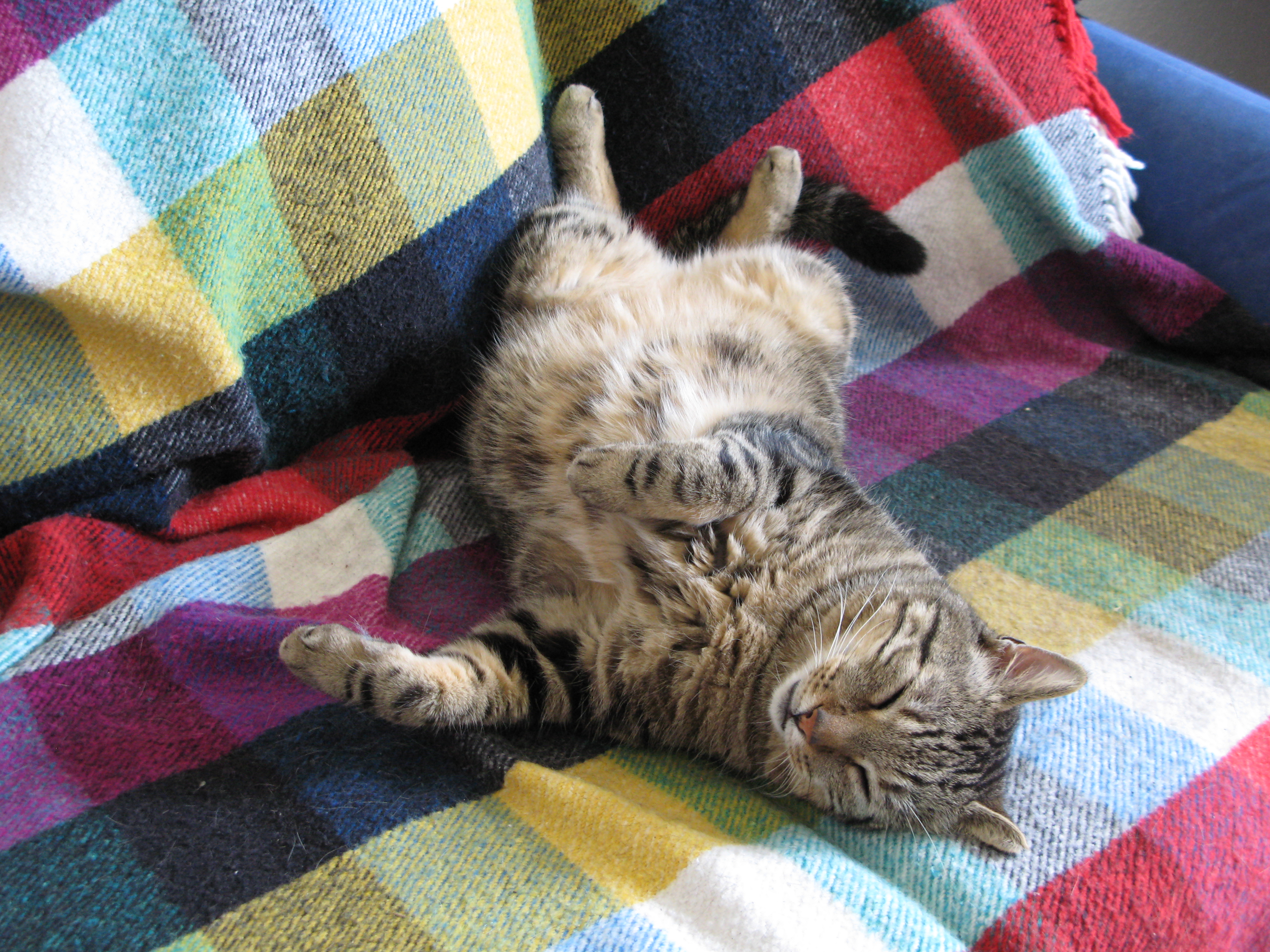
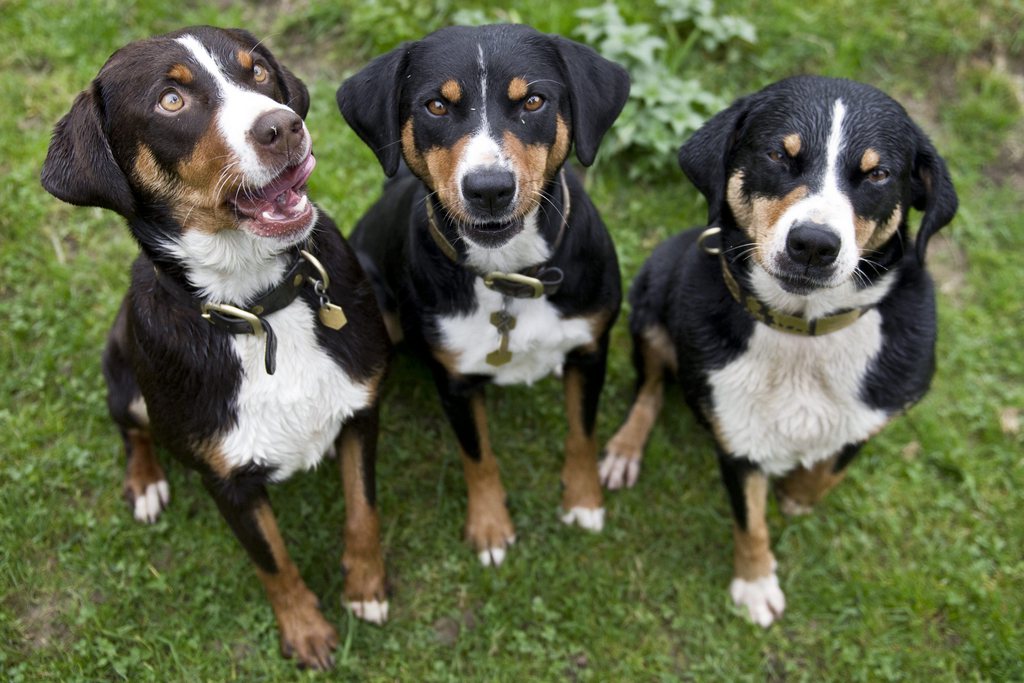
You can find an overview of ongoing debates with our journalists here. Please join us!
If you want to start a conversation about a topic raised in this article or want to report factual errors, email us at english@swissinfo.ch.